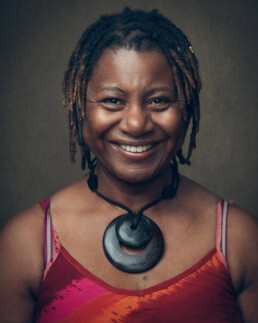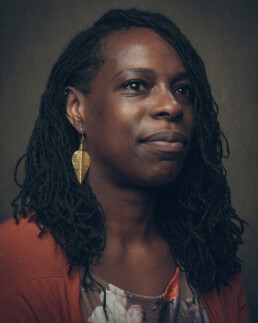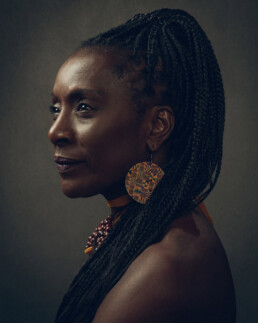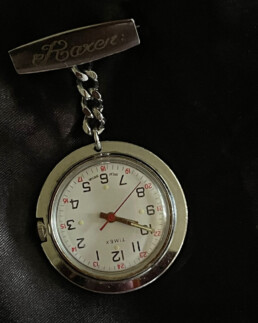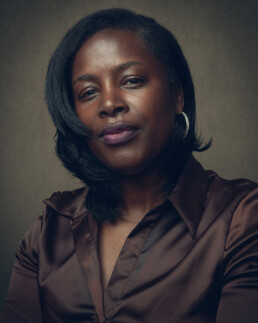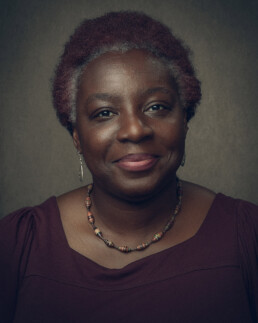In this part of the Untold Stories project, UNESCO Manchester City of Literature Community Champion Jackie Bailey has been working with Manchester residents of African Caribbean heritage who have worked themselves or whose families have worked for the NHS, supporting them to tell their NHS stories through creative writing.
Jackie has worked with participants through a series of creative writing workshops, each focusing on a particular creative form and led by a writer specialising in that style. Participants have then worked through a series of mentoring sessions to develop writing reflecting their NHS story in a chosen form. This creative work has been shared on this website, in an exhibition in Manchester Poetry Library at Manchester Metropolitan University, and in readings and performances at Manchester Met on 15th June (Windrush NHS event), and 3rd July (Untold Stories launch). If you’ve engaged with Untold Stories in any of these ways, we’d love to hear your feedback via our survey.
At the end of June 2023 the Windrush NHS Stories writers were supported to deliver a workshop where they shared their experiences and encouraged other African Caribbean people to share their NHS Windrush story in various forms, beginning with writing in that session. Capturing and sharing untold stories is very important.
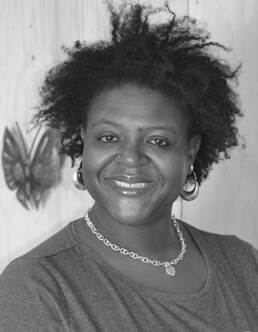
A Windrush NHS Song
In their workshop, Sefton and Reece led a conversation about the participants’ feelings of all the sacrifices that were made by Windrush generation NHS workers and their families. They spoke about the sisterhood that existed amongst nurses, the families that they left behind at home whilst working night shifts, and the feeling of being undervalued by management and overlooked for promotions. We arrived at a conclusion; we’d like the world to see and feel how they felt. Sefton suggested we adapt the classic ‘Do You Hear What I hear’ by Harry Simeone, telling the story of Windrush nurses in the NHS.
Our Unseen Service and Sacrifices’, by ‘Reece Williams, Sefton Simpson, Michelle Ayavaro, Dorretta Maynard, Debbie Marshall and Monica Roper.
About Windrush and the NHS
On June 22, 1948, 13 days before Nye Bevan inaugurated the National Health Service by opening its first hospital in Manchester, HMT Windrush docked at Tilbury, bringing 802 passengers who recorded their last country of residence in the ship’s records as somewhere in the Caribbean, 693 of whom intended to stay in the United Kingdom, taking up the opportunity created by the British Nationality Act shortly to be passed. The Windrush travellers have given a name to a whole generation of West Indians who arrived in Britain between the second world war and the early 1970s, responding to government recruitment drives which invited them to help in the reconstruction of the nation. Many of them found work in the newly-formed NHS, which was struggling in particular with a shortage of nurses, and by 1954, 6 years after its inception, over 3,000 women from the Caribbean were training in NHS hospitals. They followed in the footsteps of Caribbean nurses working in Britain long before the NHS and Windrush, including famous examples such as Mary Seacole, Jamaican nurse to troops in the Crimean war, and many who are less well-known from the first half of the twentieth century.
The Windrush contribution to the NHS is part of a wider and hugely significant contribution made by migrant workers from across the world over the whole of the organisation’s 75-year history. By 2003, 29% of NHS doctors and 43% of nurses were foreign-born and today over 40% of NHS hospital doctors and 25% of nurses and midwives are of black and minority ethnic heritage. In the words of one of the essays listed below ‘the relationship between the NHS and migrants has been one of dependency – it could not have existed in the form that it took without overseas employees.’ This dependency has not always and is not now adequately acknowledged, and recent creative initiatives have sought to address this ‘collective amnesia’. In 2016 a statue to Mary Seacole was unveiled in the gardens of St Thomas’s Hospital in London in 2016, the first statue in the UK to a named black woman, and in 2021 a statue commemorating the 40,000 Windrush and Commonwealth midwives and nurses was erected at London’s Whittington Hospital. In Manchester in 2019 the Louise Da-Cocodia Trust, named after former Deputy Lord Lieutenant Louise Da-Cocodia, who came to the UK in 1955 to train as a nurse and worked for 30 years in the NHS, staged a play at Hulme’s Z-Arts, titled ‘Windrush Women: The Backbone of the NHS‘. In 2017 nurse educator Laura Serrant, wrote a poem ‘You Called and We Came’ which was selected in 2022 to accompany a new Windrush monument in Waterloo station. Jenny Mitchell’s 2018 poem ‘Caribbean Service’ also vividly captures the experiences of Windrush nurses. In the 75th anniversary year of the NHS, the Untold Stories project reminds us of the indispensable contribution of African Caribbean migrants and the communities they founded, and of overseas staff and diasporic communities more broadly.
Further Reading
Beula, Jak (2021), Nursing a Nation: an Anthology of African and Caribbean Contributions to Britain’s Health Services, Nubian Jak.
Bonner, K. (2020) Windrush and the NHS – an entwined history. NHS.
Coghill, Y. (2018) Windrush and the NHS at 70. NHS.
Eaton, L. (2020) ‘The story of black nurses in the UK didn’t start with Windrush’ The Guardian. 13th May
Mary Seacole Trust, Caring for the Nation: The Minority Ethnic Contribution to Nursing and Midwifery
Simpson, J.M., Esmail. A., Kalra, V.S. & Snow, S.J. (2010) ‘Writing migrants back into NHS history: addressing a ‘collective amnesia’ and its policy implications’ Journal of the Royal Society of Medicine, 103(10) 383-427
